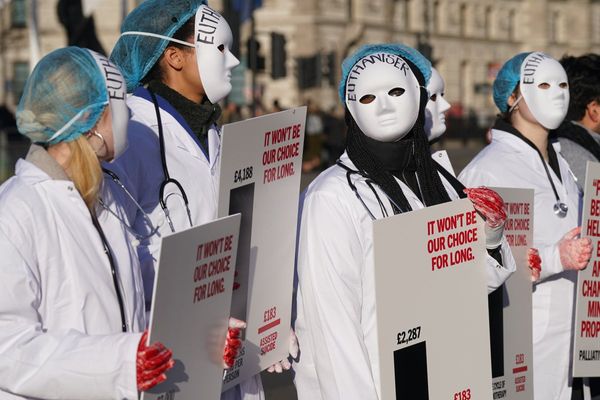
Russia's economy is showing signs of resilience despite two years of conflict with Ukraine, but a growing number of companies in the country are facing financial distress. According to a report by Russian business daily Kommersant, the number of bankruptcies among Russian companies has surged in the first two months of 2024.
In January, 571 companies in Russia declared bankruptcy, marking a 57% increase from the previous year. This trend continued in February, with 771 companies filing for bankruptcy, a 60% rise compared to the same period in 2023.
Russia had implemented two moratoriums on bankruptcy in recent years, first during the COVID-19 pandemic and then following Western sanctions imposed over the Ukraine conflict. These moratoriums expired in 2021 and late 2022, respectively.
Russian officials, including First Deputy Economy Minister Ilya Torosov, have downplayed the increase in bankruptcies, attributing it to a return to pre-pandemic levels. However, the rise in corporate insolvencies underscores the challenges faced by businesses on the ground, contrasting with the positive official GDP growth figures released by the Kremlin.
Despite the government's efforts to support the economy through increased spending, high interest rates are posing challenges. The Bank of Russia has raised interest rates to 16% in a bid to curb inflation, impacting companies' ability to refinance their debts.
Market analysts have highlighted the strain on Russian companies, particularly in non-war-related sectors, due to international trade disruptions and macroeconomic uncertainties. The looming threat of further Western sanctions and the government's ambitious spending plans ahead of the upcoming presidential election are adding to the pressure on private enterprises.
As President Vladimir Putin faces tightening trade restrictions and promises substantial financial benefits to Russian citizens, concerns are mounting over the sustainability of these pledges. Proposed changes to the tax system aimed at increasing revenues from high-income individuals and businesses could further burden private companies already grappling with economic challenges.
The upcoming presidential election in Russia, scheduled from March 15 to March 17, is expected to see Putin secure another term in office. The economic landscape in Russia remains complex, with businesses navigating a delicate balance between geopolitical tensions, domestic policies, and financial stability.







